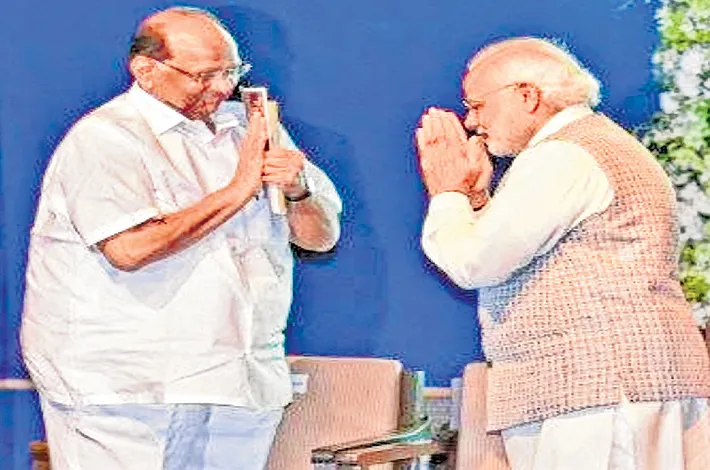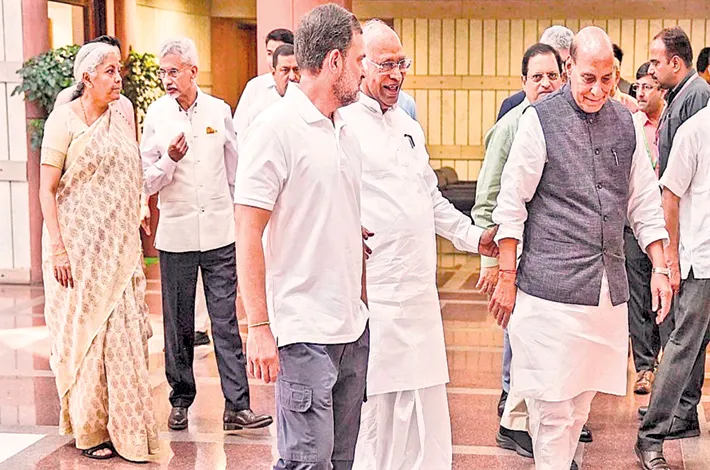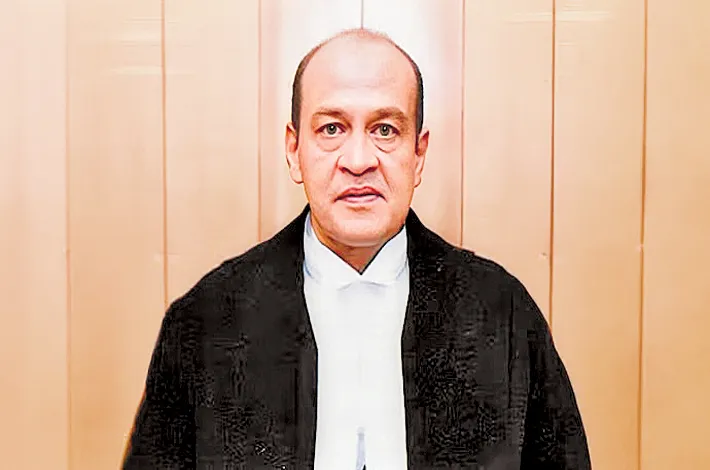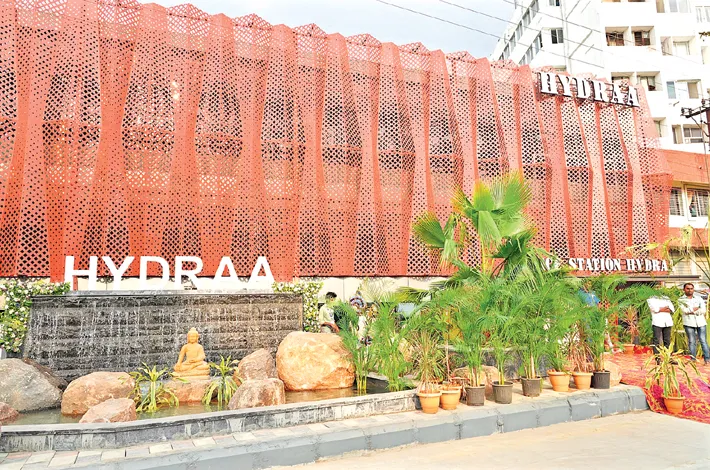BJP’s Plan B: Sharad Pawar NCP as back-up for Lok Sabha stability ?
08-01-2025 12:00:00 AM

Can Sharad Pawar’s NCP safeguard BJP in the Lok Sabha amid alliance uncertainties and shifts?
As speculation grows in New Delhi about Bihar Chief Minister Nitish Kumar’s discomfort with the BJP, Maharashtra’s political circles are abuzz with a different question: will the BJP seek support from Sharad Pawar's nine Lok Sabha MPs?
Recent whispers suggest that a meeting between Prime Minister Narendra Modi and NCP founder Sharad Pawar could hint at a potential alliance. While no official word has confirmed or denied these rumors, the cordial relationship between Modi and Pawar, dating back to UPA
days, has long been public knowledge.
During his tenure as Union Agriculture Minister, Pawar maintained communication with Modi, then Gujarat Chief Minister, often discussing agricultural funding. This rapport laid the foundation for a pragmatic relationship, which has resurfaced periodically in Indian politics.
Historically, the BJP has explored alignments with Pawar. During Atal Bihari Vajpayee’s tenure, Arun Jaitley courted Pawar for the NDA alliance. While Pawar stopped short of joining, these overtures signaled a complex dynamic that he often leveraged against the Congress.
Pawar’s consistent "left of centre" rhetoric, invoking Chhatrapati Shahu and Dr. Ambedkar, adds a layer of unpredictability. Despite BJP’s sweeping victory in Maharashtra’s assembly polls, his nine Lok Sabha MPs could hold sway at the Centre, especially if cracks emerge in the BJP's alliances.
Sharad Pawar has dismissed speculation about his recent meeting with Modi, citing routine discussions about farmers’ issues. However, insiders hint at broader political topics being discussed, though no commitments were made.
BJP’s dominance in Maharashtra’s state politics, coupled with PM Modi’s vision for a BJP-dominated landscape, could deter Pawar from a formal alignment. Yet, history shows that Pawar’s NCP has supported BJP governments tacitly, as in Maharashtra’s 2014 assembly elections.
This raises a key question: will Pawar’s MPs abstain or provide silent support in Lok Sabha during crucial votes? Such a strategy could allow the BJP to navigate potential turbulence in its alliances, while letting Pawar maintain a semblance of ideological independence.
As Maharashtra and Delhi watch this unfolding drama, the BJP and NCP’s tacit ties may yet shape the political balance of power in India








